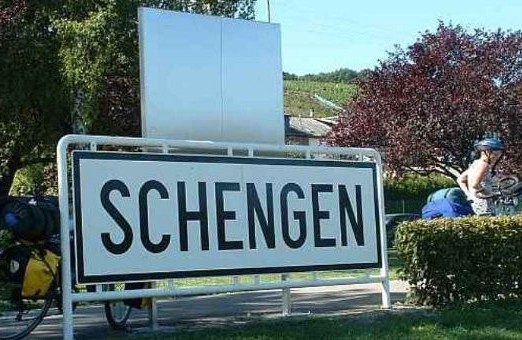-
Both countries fulfil all criteria to join the free-movement area
-
Vetoing their entry is fuelling anti-European sentiment and harms the economy
-
Increased pollution due to long waits, of up to several days, at border crossings
MEPs call on the Council to approve Romania and Bulgaria’s accession to the Schengen free-travel area by the end of 2023.
In a resolution adopted on Wednesday with 526 votes in favour, 57 votes against, and 42 abstaining, Parliament stresses that both countries have already fulfilled the necessary requirements to be admitted into Schengen. MEPs regret the Council’s decision of 8 December 2022 to reject their membership “without presenting any legal justification related to accession criteria”. A larger Schengen area without border controls would make the EU stronger, say MEPs, noting that all member states have the right to join Schengen once they are ready.
The fact that Romania and Bulgaria are still outside the visa-free travel area burdens the businesses and populations of the two countries socially and economically, according to Parliament. Citizens of Bulgaria and Romania are discriminated against, as they face delays, bureaucratic difficulties and additional costs when travelling or doing business abroad, compared to their counterparts in the Schengen area, says the text. MEPs note that the delays at border crossings faced by Romanians and Bulgarians can last from a few hours to even days –compared to an average of 10 minutes without internal border checks–, which also worsens working conditions for truck drivers.
Increase of CO2 emissions
In addition to the harm caused to the EU single market by obstructing the free flow of goods between European member states, the text points to the "irreparable damages" to the environment, which do not align with the European Union’s climate neutrality goals. The health of drivers, customs agents and people living near border crossings is endangered by the increased pollution from the many thousands of vehicles waiting to cross the border each day as around 46 000 tonnes of CO2 are emitted each year, MEPs say.
The resolution calls on the Commission to estimate the opportunity costs and the environmental damage that Romania and Bulgaria have suffered since June 2011 due to the “unjustified denial” of Schengen membership and encourages them to analyse options for financial compensation. MEPs point out that the current situation “is instrumentalised by anti-EU propaganda, including Russian propaganda”, and “undermines the EU’s capacity to promote its values and good governance in third countries”.
Background
Currently, all EU member states except Bulgaria, Cyprus, Ireland and Romania are part of the Schengen free-travel area, which also includes non-EU states Iceland, Norway, Switzerland and Liechtenstein. The European Commission has assessed that Bulgaria and Romania are ready to join Schengen, and the European Parliament has repeatedly supported their accession, most recently in a resolution on 5 October 2022 and a debate on 14 December 2022.






